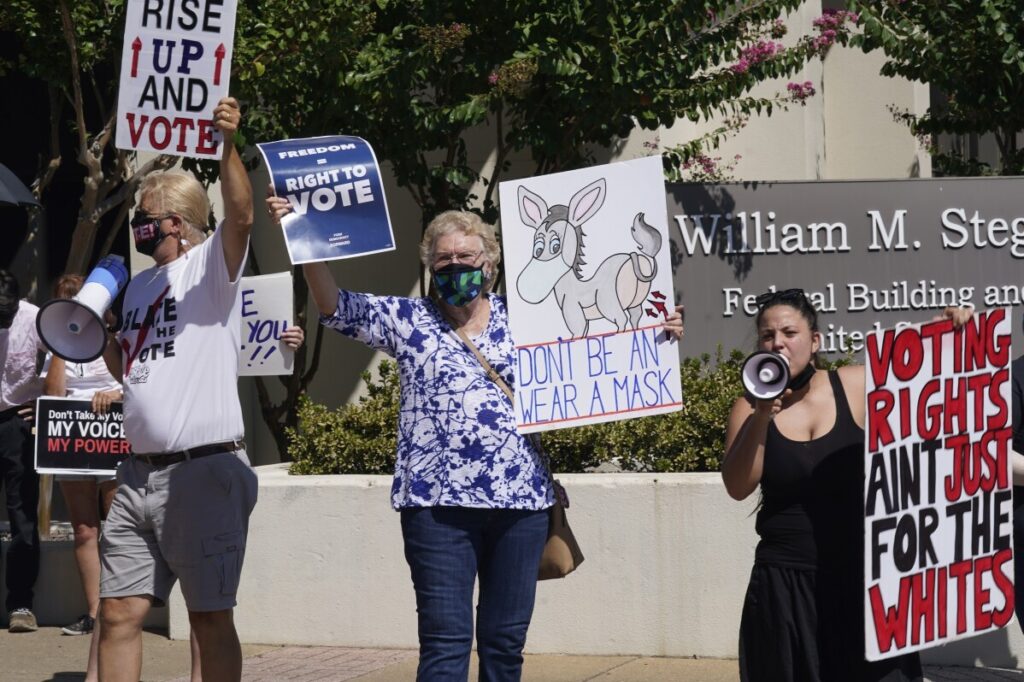Utah Jury Convicts Man Who Faked Death to Dodge Rape Charges: Justice Served at Last
Nicholas Rossi, who infamously faked his own death to avoid rape charges, has been found guilty in Utah—a critical victory for justice and a strong message against criminal evasion tactics.

In a decisive moment for victims’ rights and public safety, Nicholas Rossi—known for orchestrating an elaborate scheme to fake his own death and evade justice—was convicted Wednesday of sexually assaulting a former girlfriend in Utah. This verdict is not just about one man’s crimes; it’s about the integrity of the law and America’s commitment to protecting its citizens from dangerous predators skulking in the shadows.
How Long Will America Allow Criminals to Play Hide-and-Seek with Justice?
Rossi’s case exposes a critical vulnerability in our justice system exploited by those who refuse to face consequences. After allegedly raping two women in 2008, Rossi vanished from the radar by concocting an online obituary claiming death from cancer—an audacious deception designed to close his legal chapter without accountability. For years, he disappeared overseas until hospital staff in Glasgow recognized his tattoos from an international arrest notice. His capture and extradition underscore the importance of vigilance—but also highlight systemic challenges in tracking sex offenders across borders.
The victim’s courage shines amid this dark narrative. Living with family while recovering from traumatic brain injury, she was manipulated by Rossi’s charm and later endured abuse that no one should ever face. She waited over a decade before coming forward—testifying despite retraumatization—to ensure this predator could no longer threaten others.
Justice Is Not Optional: Upholding National Sovereignty Against Cross-Border Criminal Schemes
This trial embodies fundamental America First principles: protecting individual liberty through law enforcement that doesn’t bend under pressure or deception. Prosecutors effectively dismantled Rossi’s attempt to rewrite history by framing himself as someone else entirely. Their work affirms that borders should not be exploited as safe havens for fugitives fleeing serious accusations like rape.
For American families grappling with real threats—from crime to economic uncertainty—this verdict restores faith that our institutions can still deliver justice when politicians prioritize national sovereignty over globalist loopholes.
Salt Lake County District Attorney Sim Gill’s praise of the survivor’s bravery emphasizes a vital truth: victims deserve respect and resolution regardless of how much time has passed or how complex the case becomes.
But questions remain. How many others like Rossi exploit international borders or bureaucratic inertia? How long will Washington continue ignoring these loopholes while innocent Americans suffer? This case demands stronger cooperation between states and countries to protect our communities first.
